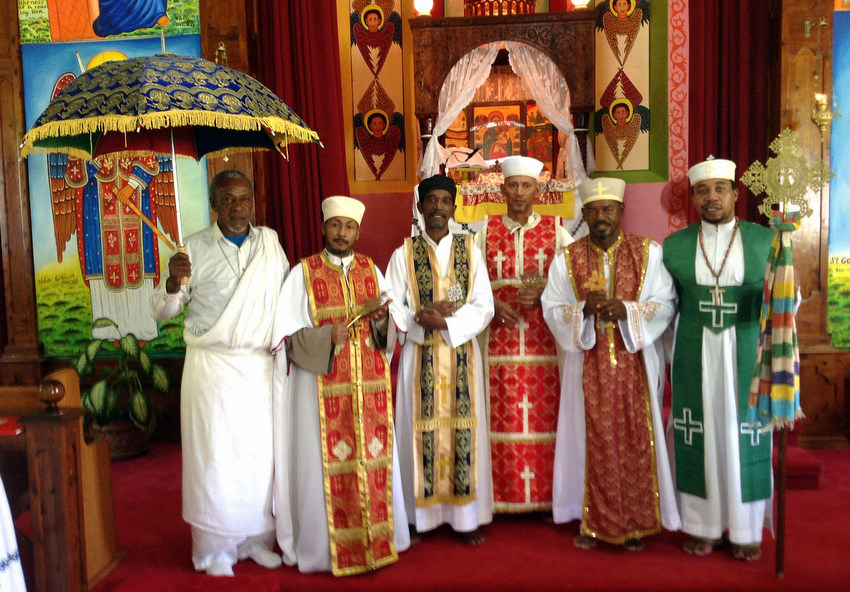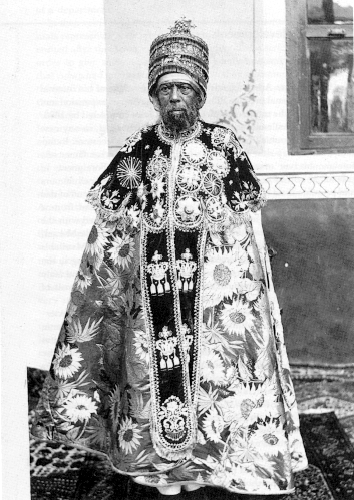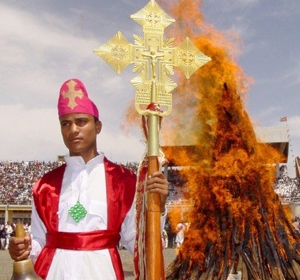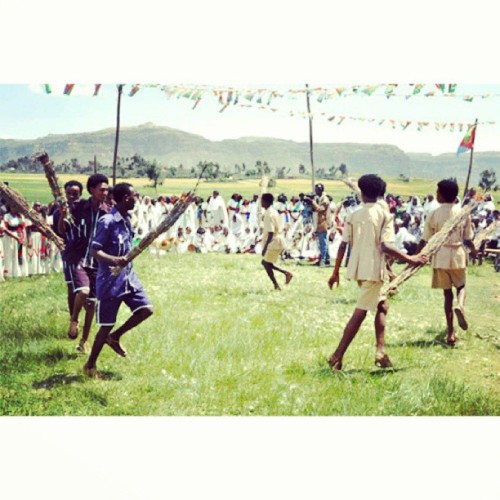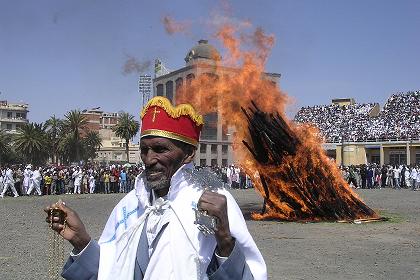Christmas. January 7. According to Orthodox traditions aligned with the Julian
calendar, Christmas is celebrated on January 7 instead of December 25. Many
people will fast the day before and will wake up really early for the first
Christmas Mass at 4 am! An old traditional story says that one of the three
wise men came from Ethiopia. One of the traditional Christmas meals is wat (a
spicy stew made with some kind of meat, vegetables, and sometimes hard-boiled
eggs). Gifts are not specifically
given out on Christmas, although sometimes small gifts or clothes are given to
children. It’s generally a time
spent in church followed by eating and drinking with family and playing games.
Mawlid. Varies. This is the Muslim holiday celebrating the birth of the
prophet Muhammad. It’s considered
one of the most important celebrations for Muslims. People will start the day with listening to the imam preach,
and then will often sacrifice an animal (or buy meat) to distribute the meat to
other family members and the poor.
There are a lot of festivities that include dancing, singing, and food.
Because there are many multi-religious communities, many Muslims celebrate this
day with their Christian neighbors as well, inviting them over to share
traditional food and drink.
Epiphany. January 19. Also called Timkat, it celebrates the baptism of Jesus in
the Jordan River. Traditionally, a
reenactment of the baptism takes place every year; a model of the Ark of the
Covenant is shrouded with a cloth and is carried in a procession on the priest’s
head. The priest will then bless a body of water, and many followers use this
time as a day to renew their baptismal vows. The day doesn’t end until the Covenant is put away, and there
are hours of singing and dancing, followed by a feast with traditional foods.
Victory
at Adwa Day. March 2. In 1896, the
Italians were looking at moving into this area in order to claim it as their
own. However, the Ethiopians were not having it. After two days of fighting at Adwa, the Ethiopians, under the
leadership of Emperor Menelik II, were able to hold off the Italians. Many people visit the monument and
statue of Menelik II to lay wreathes at the base.
Day
of Lament. March 28. This day
commemorates those who have died during the Red Terror, and is held two months
before National Day/Derg Downfall Day.
This day is also called Candle Festival. The Red Terror was a particularly violent political movement
that took place in Ethiopia (and Eritrea) during the later part of the 1970s
and most of the 1980s led by Mengistu Haile Mariam. They rounded up anyone suspected of resistance to tortured and/or
kill them. Some estimates say that as many as 500,000 people died at the hands
of these madmen.
Good
Friday/Easter. Varies. The entire Lenten season is a hard
fast, more or less a vegan diet (no meat or dairy). The first meal of the day comes after 3pm. The night before
Easter, people head to a colorful service that runs from about midnight until
2am. Then people go home and break
their fast with lavish meals. Like
Christmas, this is more of a holiday for visiting family and eating traditional
foods and drink.
Labour
Day. May 1. This day is to celebrate the worker;
it’s also a day to discuss the state of the economy, jobs, and labor issues.
Patriot’s
Day. May 5. This day is in honor of all Ethiopians
who fought to defend their country against the Italians, especially during the
occupation years. It’s a time for
traditional music, dance, food, and drink, as well as educational and
historical presentations.
Derg
Downfall Day (National Day). May
28. It’s considered Ethiopia’s National Day, but officially, it’s known as Derg
Downfall Day. The Derg Regime took
over in 1974 when they ousted Emperor Haile Selassie I and led the country into
one long civil war that lasted until 1991. Government leaders often give speeches regarding those who
have died during the Red Terror, and people pay their respects and visit the
several monuments erected around Addis Ababa and the rest of the country.
Ramadan. Varies. Ramadan is the Islamic month of fasting. Muslims fast from dawn until dusk when
they break their fast (called an iftar).
Each day, they are expected to read passages from the Quran and do
various charitable works.
Eid
al-Fitr. Varies. This festival celebrates the end of
Ramadan with an elaborate meal shared with the family. People will cleanse themselves and wear
new clothes to start this day.
Special thanksgiving prayers are also recited en masse as well.
New
Year’s Day. September 11. Normally, we see New Year’s celebrated
in January, but according to the Ethiopian calendar, it falls in September
(originally, the approximate end of the rainy season). Some people will attend special
religious services to pray for the coming year. Children will sometimes receive new clothes, and the girls
will pick flowers.
Finding
of the True Cross. September 27. Also known as Meskel, which is Ge’ez
for “cross.” The Orthodox Church
celebrates this holiday as a commemoration of the discovery of the True Cross
by Queen Helena (or Saint Helena) during the 4th century. The True Cross is the one believed to
be the cross that Jesus was crucified on.
Tradition has it that she had a dream telling her to build a bonfire,
and the smoke will guide her to where the cross is buried. Every year, a bonfire is built with
wood decorated with daisies, and the people use the ashes to draw a cross on
their own foreheads.
Eid
al-Adha. Varies. This holiday is in honor of the ancient
story of Abraham and his willingness to sacrifice his only son at God’s
command. The day is started with Eid prayers, the largest gathering is at the
Addis Ababa Stadium. It’s often a
day of paying it forward and giving charity to the needy.
Up
next: art and literature
